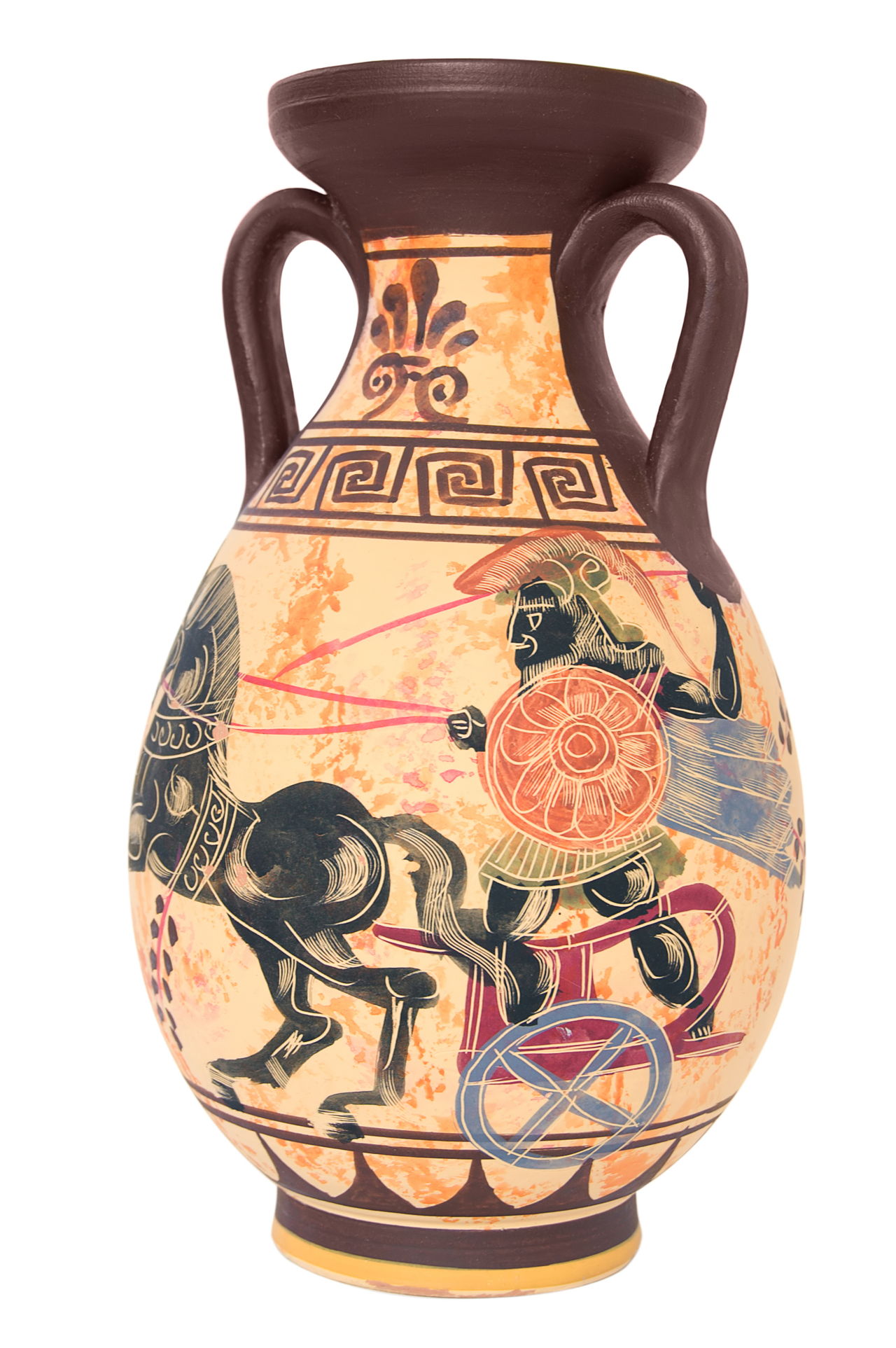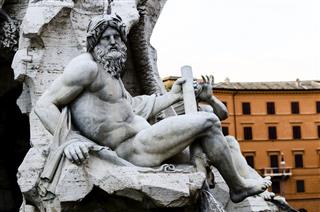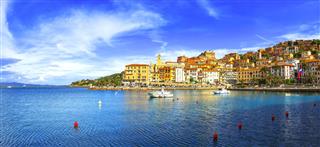
If you are planning to visit Athens, which is known for marvelous monuments and rich history, the Greek culture facts given in this article might help you understand the important aspects of this country and its lifestyle.
Greece is a southern European country surrounded by the Aegean Sea, Ionian Sea, and the Mediterranean Sea. It lies between Albania and Turkey. Summers in Greece are hot and dry, while winters are wet and quite cold. Bluish green mountain ranges extending into the sea as peninsulas or chains of islands add to the beauty of the terrain. Nearly 70% of Greece is hilly, stony, and mountainous. The country consists of 9,841 islands, 114 of which are inhabited, and thus, it enjoys a coastline of nearly 15,000 km! Ancient Greek culture facts help us know about the world famous mythology of this country, which is, in fact, the foundation block of the modern lifestyle.
Cultural Facts
- Pythagoras, the father of numbers, was the first one to present the idea that the earth is round and that planets rotate along an axis.
- People in all parts of the world know the names of Greek gods and goddesses, because the literature, philosophy, and plays of Greece are popular all over the world.
- The great Greek mathematician, physicist, and astronomer, Archimedes, who is known for his exclamation, “Eureka!” was born in 287 BCE, in Sicily. He found out the accurate value of Pi.
- The Greek philosopher Socrates, born in 496 BCE, is considered as the founder of Western philosophy. Works of Plato and Aristotle are seen to be influenced by principles laid by Socrates.
- Since ancient times, Greeks are known as extremely religious people. Animals, especially domestic animals, had to be sacrificed to Gods and then only, they were supposed to be ready for consumption.
- The people of Greece are known for warm hospitality. Celebrating namedays (birth date of the saint after whom one is named) is more common than celebrating birthdays. Exchanging gifts with family and friends takes place usually on ‘namedays’.
- Nepotism is common in Greece, as family members are always expected to help one-another in times of need. Strong emotional bonds between family members play an important role in this culture. Family bonds make the social structure strong.
- The people are very proud of their cultural heritage. Religion plays an important role in their life. Every holiday or festival has a religious background. Easter (not Christmas) is the major religious holiday in Greece. The politic here is greatly influenced by the Church.
- The goddesses Demeter and her daughter Persephone were considered as Goddesses, who governed the growth and death of the earth’s vegetation. Greeks always prayed to them before eating bread and to God Dionysus, the God of wine and festivity, before drinking wine. Demeter was considered as goddess of vegetation and fruitfulness.
- Some specific foods were preferred and some were avoided by Greeks, as they considered some foods cleaner than the others. For example, the Pythagoreans avoided beans, because beans were considered as unclean! People living in Greece love to drink Turkish coffee, and it is one of their oldest and most favorite drink.
- About 98% people in Greece are Greek Orthodox. Muslims, Roman Catholics, Protestants, Jews constitute the remaining 2% population of Greece. The modern language and the language used during the Classical period are almost the same. It is the language of the Bible. The modern language is based on the idiom used by Homer.
- The first recorded Olympic Games were organized in Olympia in 776 BCE. The 12 m high statue of Zeus in the temple of Zeus in olympia was made of gold and ivory. The Olympic winners were presented with a simple olive wreath crown made from the wild olive tree near the temple of Zeus. Greeks believed that the olive tree was planted by Hercules. Olympic games helped in the unification of national, spiritual, and racial beliefs.
After reading the above facts, you must have understood why Greeks are proud of their contribution to world civilization. These facts reflect the rich history and heritage of Greece. Those interested in visiting Greece should take a look at the information about the religion, family life, and lifestyle of the country before making the trip.





